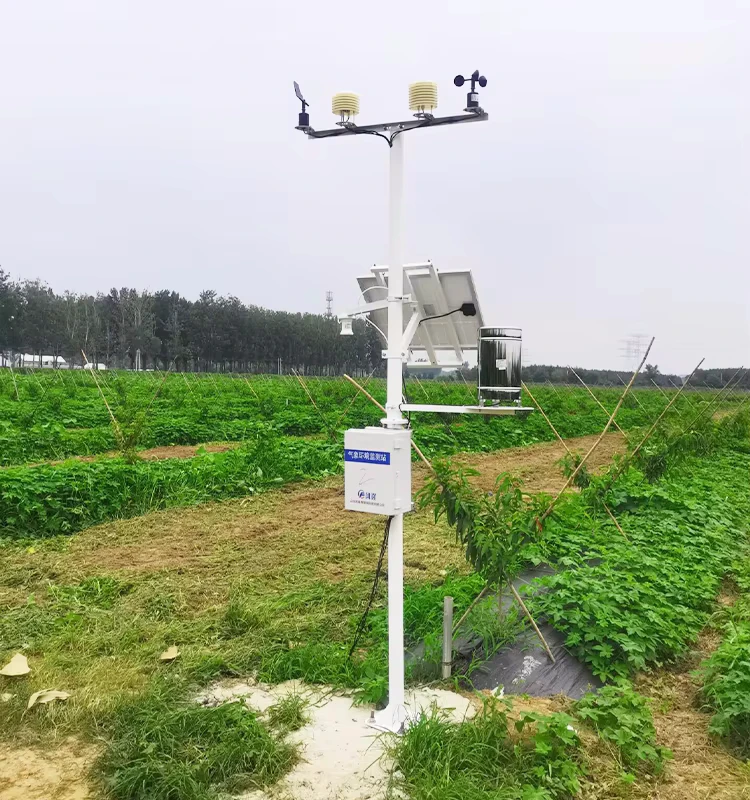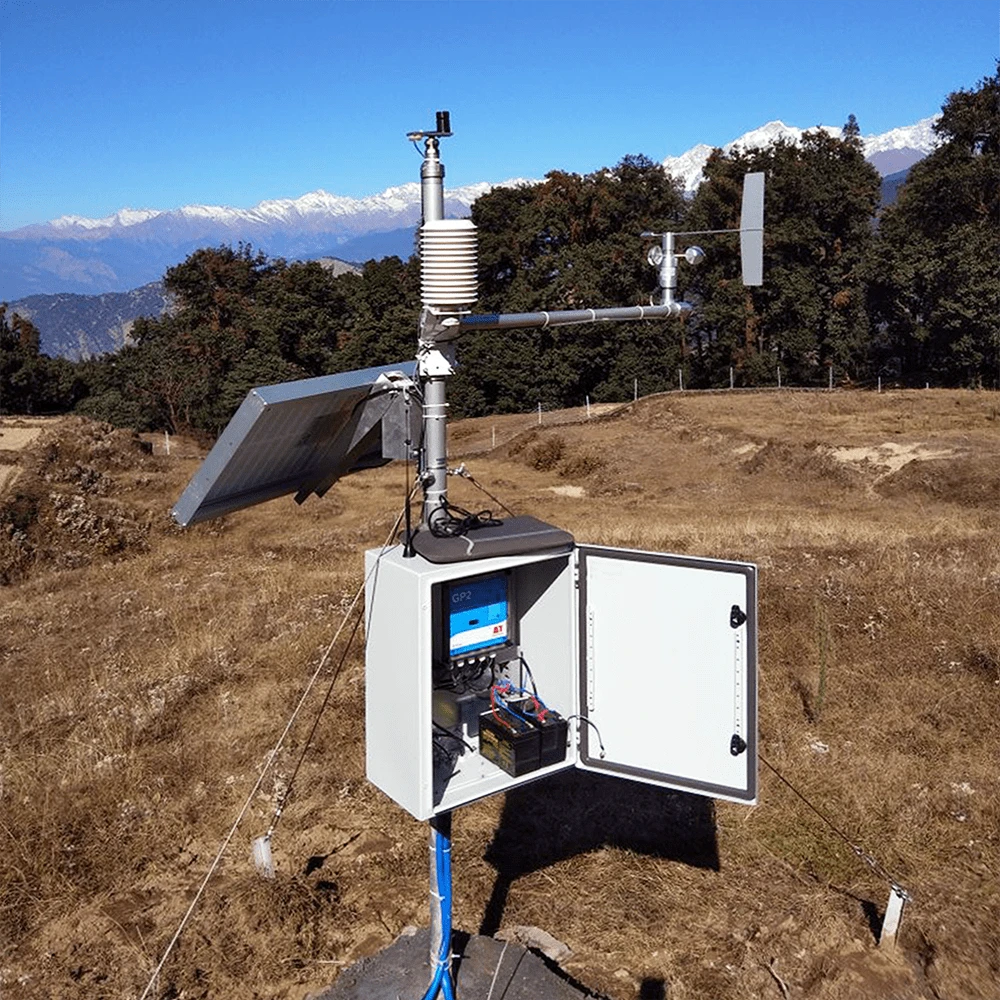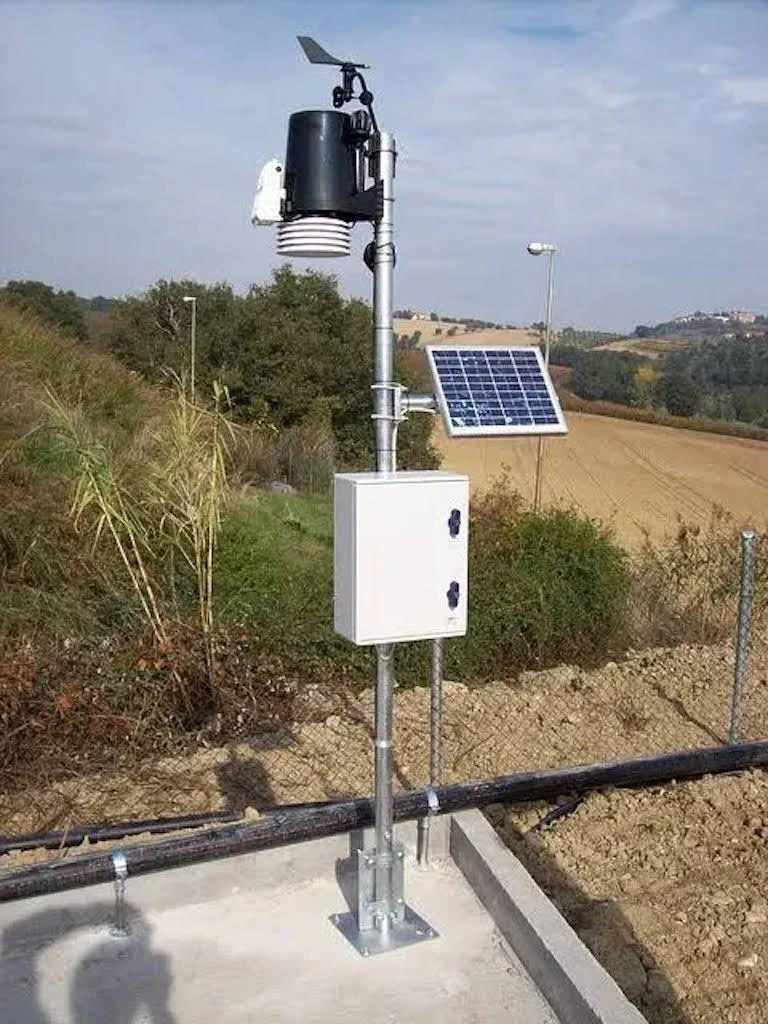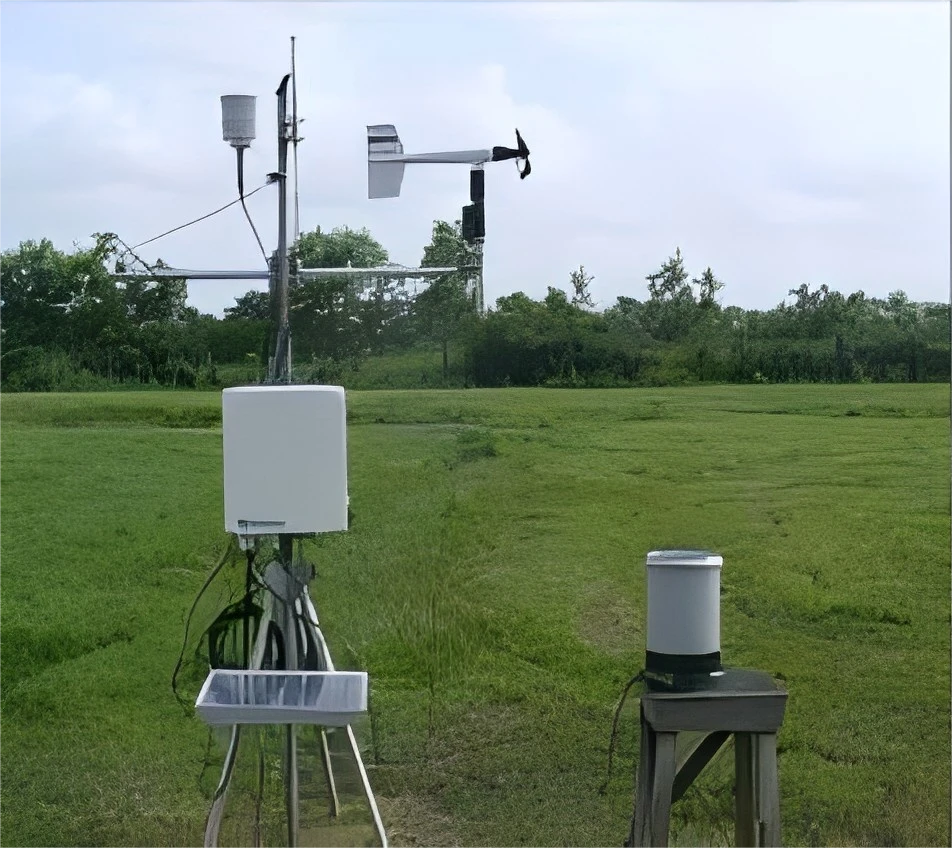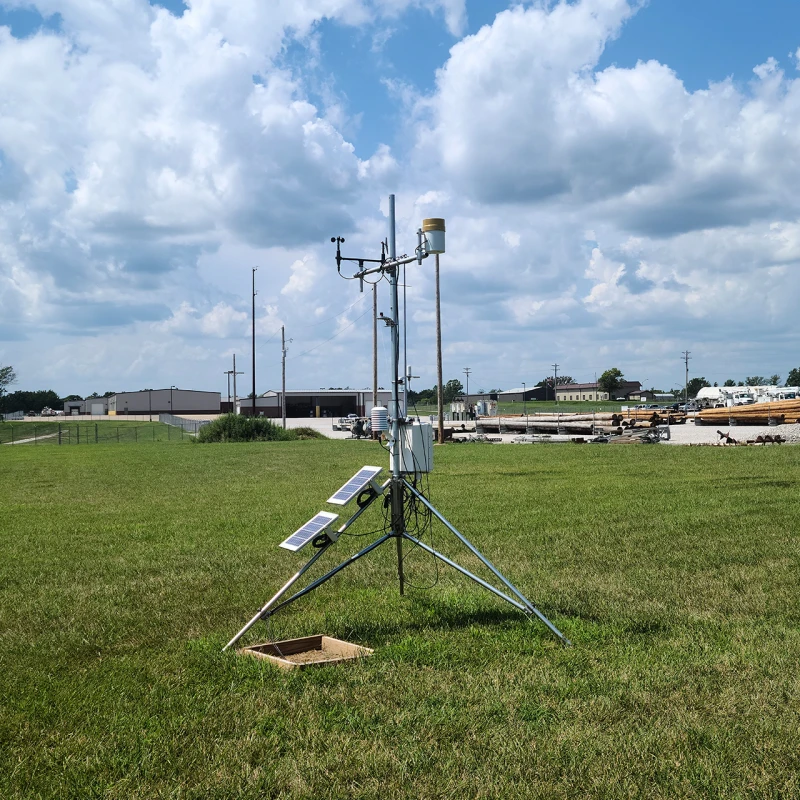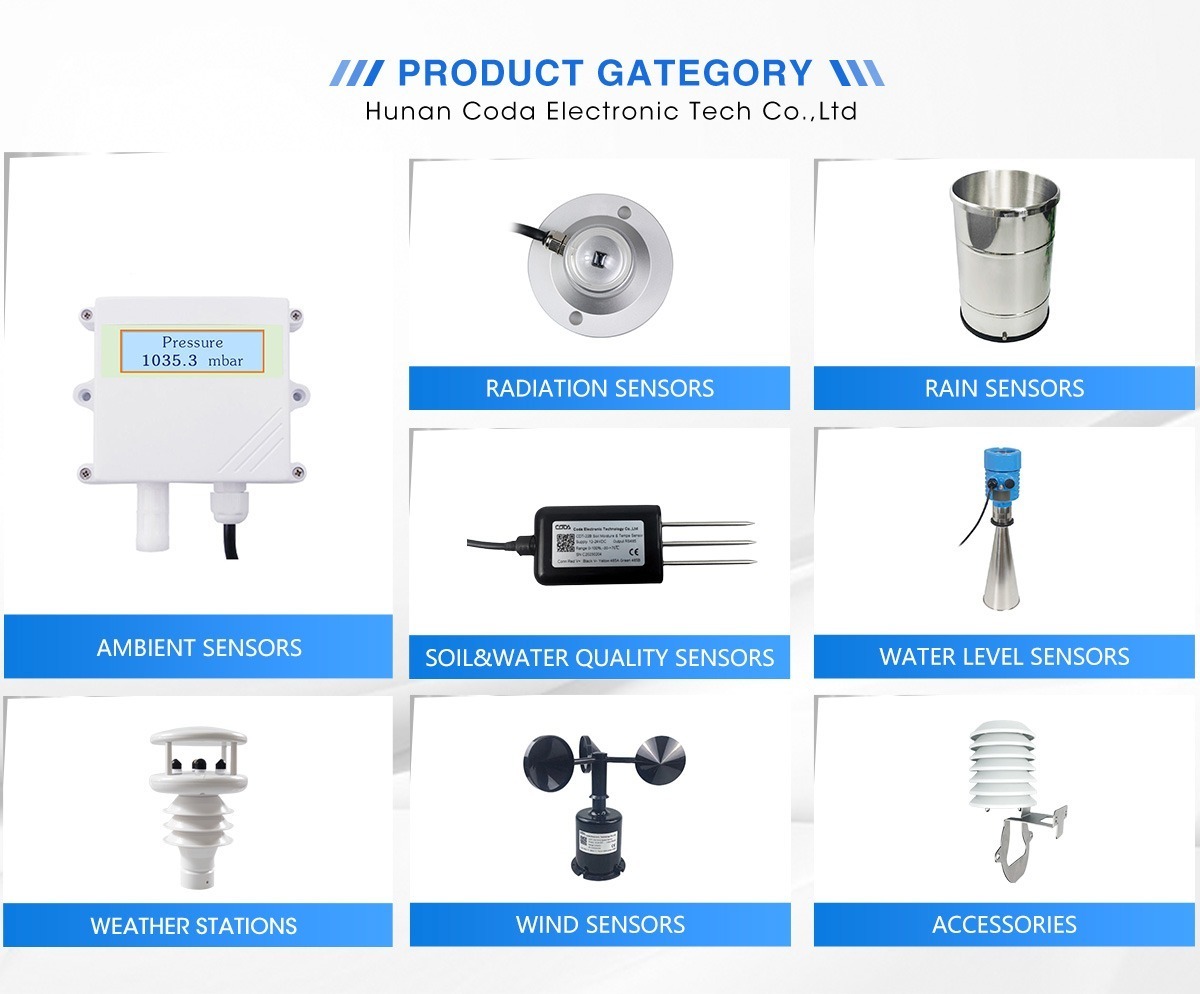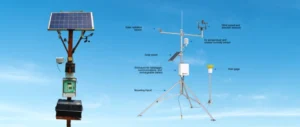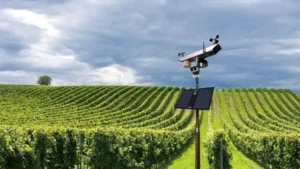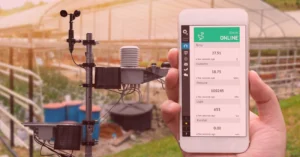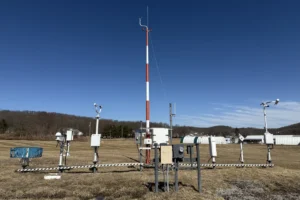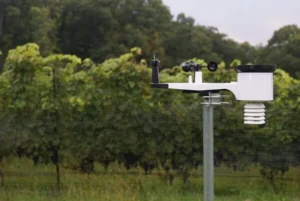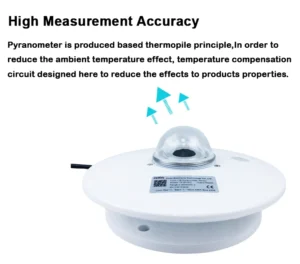Best Recommended weather stations & best domestic weather station
Weather affects our daily choices. It affects everything from daily tasks to long-term plans and safety steps. If you love weather or need accurate data for work, a good weather station is a smart choice.
Choosing the right weather station can be hard with so many options. This guide will help you decide by pointing out key factors to think about when picking a weather station that suits your needs.
1. Types of Weather Stations
There are many types of weather stations. Each type has its own features and functions. Knowing these types will help you choose the best one for your needs.
1.1 Home Weather Stations
Home weather stations are great for personal use. They give you accurate weather real time data for your area. These stations typically have a console inside and a sensor outside.
The sensors measure temperature reading, humidity, air pressure, wind speed, and wind direction. Some advanced popular models can measure rain and UV levels, too. Home weather stations we tested are easy to set up. They are a good choice for beginners and casual weather fans.
1.2 Professional Weather Stations
For better and more complete data, it is best to use professional wireless weather station. Meteorologists, researchers, and other experts use these systems for detailed information about the environment.
Professional models can work with many types of sensors. These sensors check the weather underground sunlight, soil moisture, and rainfall. They can also be changed to fit specific needs. This makes them a useful tool for science and professional work.
2. Key Considerations Before Buying
Choosing the right weather station is not only about the best features. It is also about balancing how it works and how useful it is. Here are some important points to think about:
2.1 Accuracy
Accuracy is one of the most important features of any weather station. Look for models known for reliable and precise readings. High-quality sensors, good calibration, and regular data updates all help improve accuracy. Reading customer reviews and comparing accuracy ratings can help you make a smart choice.
2.2 Sensors and Data Collection
Choose the data you want the station to measure. Basic models track standard things like temperature humidity rainfall, and pressure. Advanced weather stations have extra sensors.
They check UV levels, solar radiation, and soil conditions. Think about which metrics are most important to you before making a choice.
2.3 Connectivity and Data Access
Think about how you want to view and manage your weather data. Many new weather stations now have Wi-Fi or Bluetooth.
You can watch your data in real-time on smartphones, tablets, or computers. This feature is helpful if you need constant updates. It is also good for sharing your data with a weather group or research team.
2.4 Installation and Ease of Use
Think about how simple it is to set up and use a weather station. Some models require technical skills or extra steps. Some come with easy instructions for simple setup and use. Reading user reviews can help you see how practical a specific model is.
2.5 Budget
Set a clear budget before you start your search. It’s important to invest in good equipment. Don’t spend too much on features you may not need or use often. Think about what you really need to find a model that gives you good value for your budget.
3. Leading Weather Station Brands
Choosing a trusted brand helps you find a local weather station that fits your needs. Here are five top brands known for quality weather stations:
3.1 Davis Instruments
Davis Instruments has over fifty years of experience in making high-quality weather stations. Their products are known for being accurate, strong, and flexible. This appeals to a wide range of customers, from hobbyists to professional meteorologists.
3.2 Ambient Weather
Ambient Weather has many weather stations for all users, from beginners to experts. Their stations are cheap and simple to use. They also provide great customer service. Ambient Weather stations give accurate readings and come with new wireless features.
3.3 AcuRite
AcuRite is a well-liked option for weather enthusiasts who love weather. Its weather station models are reliable and easy to use. AcuRite provides budget-friendly choices that are easy to set up.
These products give accurate readings and connect wirelessly. They also come with different sensor options.
3.4 Oregon Scientific
Oregon Scientific is a trusted leader in weather monitoring. Their home weather stations are useful and look good. They feature colorful displays and reliable sensors to track the weather.
3.5 La Crosse Technology
La Crosse Technology is known for quality. They provide weather stations that are easy to read. Their products are precise and versatile. You can find options for different needs and budgets.
4. Key Features to Look for in a Weather Station
When choosing a weather station, it is important to look at its features. Here are some key points to think about:
4.1 Display and User Interface
Opt for a station with a clear and easy-to-read display that presents key data at a glance. A simple interface with easy controls helps users move through settings and reports easily.
4.2 Wireless Connectivity Options
Weather stations with Wi-Fi or Bluetooth let you access data in real-time. You can use them on phones, tablets, and computers. This makes it easy to fit into your daily routine.
4.3 Alarms and Notifications
Some models let users set custom alarms and notifications for weather events. These events include strong winds, heavy rain, or big temperature changes. This helps keep you informed and ready.
4.4 Data Logging and Storage
Look for weather stations that have enough storage and options to customize logging. These features let you keep past data and track weather patterns over time.
4.5 Expandability and Compatibility
Pick a model that lets you add extra sensors or parts. This way, you can upgrade your system later as your monitoring needs grow or change.
5. Conclusion
Buying a weather station that meets your needs is a smart choice. It can be very rewarding. – Think about key factors when making a decision.
These factors include accuracy, sensor choices, data features, connectivity, ease of use, and budget. Trusted brands are Davis Instruments, Ambient Weather, AcuRite, Oregon Scientific, and La Crosse Technology.
They provide dependable choices. These brands have the features you want. With the right device, you’ll get accurate weather updates. This can help you plan better, stay safe, and enjoy more ease.
Hunan Coda Electronic Tech Co., Ltd sets high standards in customer satisfaction. They do this by delivering reliable products. Coda Sensors uses new technology to make systems that monitor the environment.
These systems help create safer and more efficient operations. They also improve the user experience.
For more information on sensor solutions and environmental monitoring systems, visit Coda Sensors. You can find expert reviews, advice, and product options that fit your needs.
Customer feedback shows that Coda’s sensor solutions perform well and are reliable. They keep improving with new innovations and quality upgrades.
